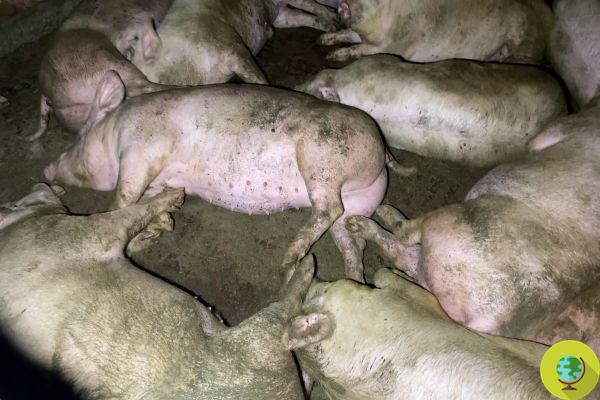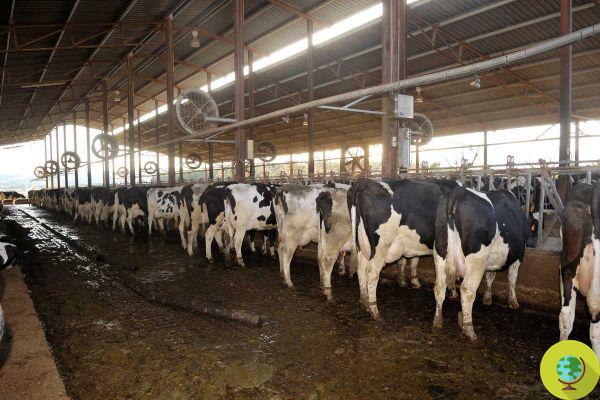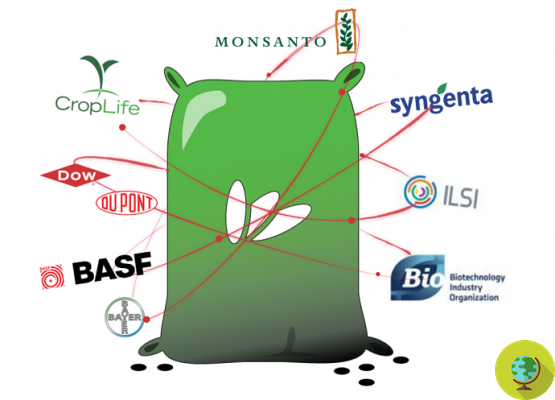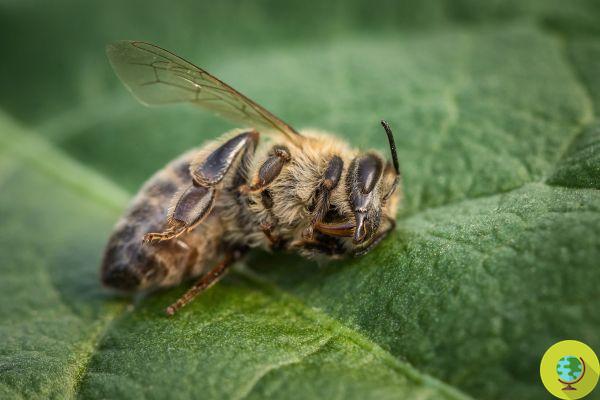
He is about to end up run over, his mother saves him
The UK's Department of the Environment, Food and Rural Affairs (Defra) has given the green light to a trial that intends to test a GMO grain with the aim of decreasing the levels of acrylamide that are then found in toast , fried or baked.
The British research institute Rothamsted Research, a pioneer of experiments on genetically modified crops since the 90s, will test the new wheat. The goal is to create a grain that produces less acrylamide, or rather with reduced levels of the natural amino acid asparagine, which then converts to acrylamide when the bread is exposed to high temperatures (e.g. toasted).
The International Agency for Research on Cancer (IARC) has classified acrylamide as a "probable human carcinogen" while the European Food Safety Agency (EFSA), while stating that the risk is very low, calls for limit their consumption.
As project leader Professor Nigel Halford also recalled:
Acrylamide has been a very serious problem for food manufacturers since it was discovered in food in 2002. It causes cancer in rodents and is considered 'probably carcinogenic' to humans. It is found in bread and increases dramatically when bread is toasted, but is also present in other grain products and many fried, baked, roasted, or roasted crop foods, including potato chips and other snacks, potato chips , roast potatoes and coffee.
A recent test found traces of acrylamide in cornflakes too (Read also: Breakfast cereals: found traces of glyphosate in Kellogg's most famous cornflakes and mycotoxins in Nestlé ones)
But back to genome-modified wheat, the field trials have been authorized by the government following the UK's exit from the European Union and the experiment that will take place in Hertfordshire, a county in eastern England, will be the first. across the UK or Europe for CRISPR-modified wheat making small changes to a target gene.
During development in the laboratory, the researchers "knocked out" the asparagine synthetase gene, TaASN2. Asparagine concentrations in the grain of the modified plants were substantially reduced compared to the unmodified ones, with one line showing a reduction of more than 90%, according to one of the scientists behind the project, Dr. Sarah Raffan:
This new trial will now measure the amount of asparagine in the grain of the same grain when it is grown in the field and will evaluate other aspects of the grain's performance, such as yield and protein content.
The plan includes a project of up to five years, which will end in 2026, with plants sown in September / October of each year and harvested in the following September.
News of this new trial was likely welcomed by the food industry, where acrylamide is classified as a processing contaminant that requires close monitoring under EU law.
A little less happy probably environmentalists and consumers who do not approve the changes to the wheat genome, especially considering that there are other ways to keep our exposure to acrylamide at bay.
In this regard, read also:
- Acrylamide: how to reduce exposure to this genotoxic substance
- Long live the bruschetta! Toast may be healthier than fresh (if you don't make that mistake)
Follow us on Telegram | Instagram | Facebook | TikTok | Youtube
Fonte: Rothamsted Research
Read also:
- Do Precooked French Fries Cause Cancer? Blame the acrylamide
- Is acrylamide in food carcinogenic? Finally, EFSA's opinion arrives
- Acrylamide in foods and tumors. What risks? How to reduce exposure?


























